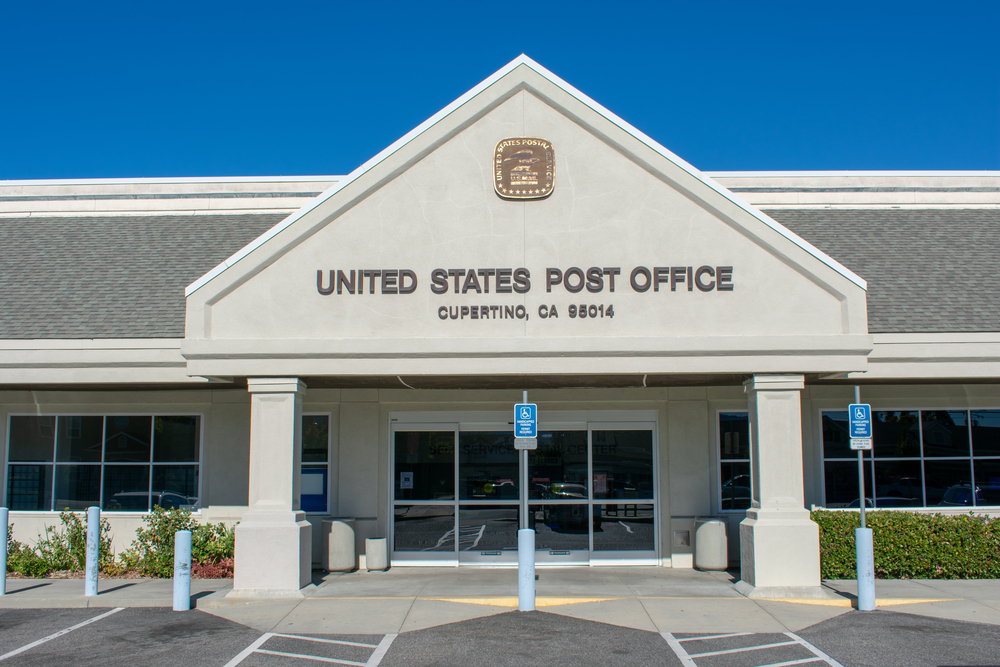

USPS Launches Postal Banking Services
In a move harkening back to over 100 years ago, USPS has begun offering postal banking services. Now, customers without access to bank accounts can visit certain Post Offices to cash paychecks, send money, and more. However, while left-leaning legislators applaud the foray into banking and argue it is an essential part of the 10-year plan to achieve financial sustainability, plenty of others are more than skeptical.
The Details of the (Not so) New Postal Banking Services
In 1910, Congress established the Postal Savings System, and postal banking became a popular option for lower-income people. The system generated enough revenue to pay for itself, and mostly catered to working people and immigrants. However, more consumers turned to banks in the 1960s to take advantage of higher interest rates, and the financial guarantees banks provided similar to the ones the federal government offered. Finally, in 1967, USPS began phasing out postal banking altogether…until now.
Now, with these “new” postal banking services, customers can cash checks, pay bills, access ATMs, purchase money orders, and engage in wire transfers at the Post Office. Since USPS already offers money order service, the biggest change in service is check cashing. In participating Post Offices, customers can use payroll or business checks to purchase single-use gift cards worth up to $500 that USPS will issue. USPS won’t accept checks larger than $500.
USPS argues that offering these services will address a dire problem plaguing the American public: the fact that millions of Americans currently live without banking.
According to the Federal Deposit Insurance Corporation, roughly 8.4 million households in the United States (or 6.5 percent of households) are “unbanked” in the United States. In addition, about 18.7 percent of households are “underbanked,” which means they have bank accounts, but still also use financial products and services outside regular banking systems. Some examples of such “outside services” are payday lenders, which many view as predatory.
USPS Offered Financial Services Before…but Does it Make Sense Now?
With so many unbanked households, proponents of postal banking see an opportunity for USPS to provide a much-needed service. They also argue that the revenue from offering these services will help USPS steer itself back to financial health at the same time.
Senator Kirsten Gillibrand (D-N.Y), hailed the pilot program, and said the following in a statement she gave on October 4th:
“This is a great first step toward creating a postal bank. While the products it will offer are not as expansive as those contained in my legislation, the Postal Banking Act, a pilot program will demonstrate the value to these communities, and show that the USPS can effectively service underbanked urban and rural communities.”
Not all agree with Senator Gillibrand’s stance, however. On the other side, those skeptical of postal banking argue that stepping into financial services will only continue to erode the Postal Service’s core business.
One such skeptic is Paul Merski, the Vice President for Congressional Relations and Strategy for Independent Community Bankers of America. Regarding postal banking, Merski said the following:
“This is just a bad idea that doesn’t seem to want to go away. The post office is having trouble financially keeping up with just the delivery of mail and losing billions of dollars year after year for over a decade now. You should not have a repurposing of the post office to do financial services. Financial services have never been more complex. The Postal Service is in no way, shape or form equipped to compete in the financial services space.”
Where Can I Cash my Paychecks at the Post Office?
If you’re looking to take advantage of postal banking services, you may need to wait a while. So far, USPS has launched the pilot program only in the following markets:
- Washington, D.C.
- Falls Church, Virginia
- Baltimore, MD
- The Bronx, New York
Even in the above cities, only select Post Offices are participating. Whether or not postal banking services come to all the remaining Post Offices throughout the country remains to be seen. First, Congress has to get behind the idea…and like most issues, they couldn’t be more divided on it.


Be the first to comment!